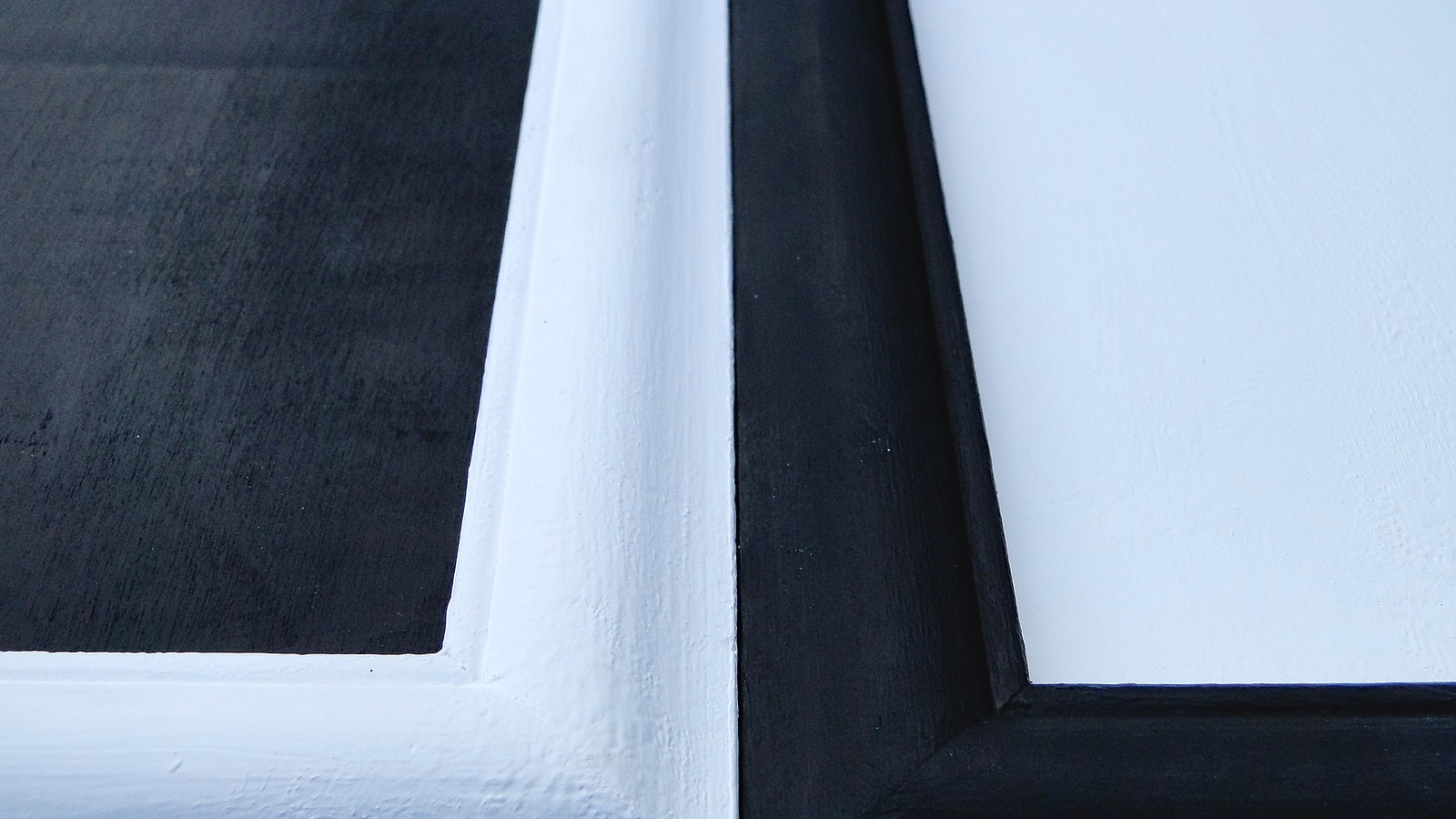This piece was contributed as part of Hybrid Pedagogy‘s Digital Writing Month.
I’m tired. Scratch that: I’m exhausted. I’ve been writing for my life, like my life depended on it, like somehow if I could find the right words, my life would finally be what I wanted it to be. Words, the public kind, done in all sorts of digital medium, were my lifeline, my lifeblood. I wrote once on Twitter that “You can write yourself into existence. The person you are and the person you aspire to be.” But what happens when you stop?
It’s strange for me to be invited this year to contribute to Digital Writing Month; my digital writing, compared to previous years, feels like it has slowed down. I write “feels like” consciously, because if I were to actually look back at my writing from the past year, it would probably match, if not exceed, last year, but with one significant difference:
Much of it is behind paywalls.
This past year, I focused a lot more on building my portfolio as a freelance writer. My portfolio and my bank account. The tradeoff is that a lot of my writing has been less accessible than it has in the past. I took a course in pitching stories, and what were once potential blog posts are now potential pitches to be sold. When I was successful with my first blog-post-idea-turned-pitch, a piece that appeared in the The Atlantic Online, I began to wonder, how much is my writing really worth?
It didn’t take long for me to get the answer: quite a bit. I’m not a millionaire, but my student loan payments certainly aren’t as painful as they once were. You can “find” my writing at places like Women in Higher Education and Educating Modern Learners, but only if you subscribe. I do a lot of writing in my new job that stays internal, too. Although it might not seem that way sometimes (I still have over 110k tweets), there are really only a finite number of words I can write within a 24-hour day. When more of my time is spent on paid writing, then there is less of the stuff that I “give away.”
I have come to realize that I have a relatively rare and valuable skill, and my relationship with that skill has changed with that realization. Writing, for me, for a long time, wasn’t work — it was something that I love to do, and something that I find relatively easy. But it also wasn’t work in a more literal sense of labor — as a contingent faculty member, I didn’t have to write because it wasn’t in my job description. But now my writing is my work, and I put more work into my writing. It doesn’t mean that I no longer love writing or that it is no longer easy, but I view it more as labor that has value, rather than a fun thing I do on the side.
I love my digital writing. The past four years of blogging and tweeting have been transformative for me and my career. Often I wish I could write more freely (literally and figuratively) again. There are some gendered expectations embedded in these shifts in how and where I write: now that I’m a “serious writer” I feel less able to write about…personal matters.
A recent piece in the Washington Post has really summed up some of my reservations about the personal essay; that somehow it is less serious than reporting, that a reporter (at least a good reporter) can ask the hard questions and provide insight that the individual might not ask themselves or see in themselves. My response has in part been that good reporting does this, but how much good reporting has really been done lately, asking those hard questions? The best personal essays do much the same thing. How much of any of writing anymore represents the best? And should it?
But it goes beyond that. I have had the privilege of writing about and profiling some truly impressive women in higher education. To meet them and interview them and read their work is to be humbled to the point of paralysis. What have I accomplished? A whole lot of tweets? A bunch of blog posts? A large collection of over-share? I feel all of my accomplishment slipping away from me, and I retreat into silence. My story, I think, isn’t worth telling.
Except now, more than ever, I want to write more of myself, my story. I’ve been experimenting with Ello (@readywriting there too) as a space for me to write the things I want to write but feel sometimes that I can’t.
For my Digital Writing Month, I’m going to commit to Ello, as well as publicly writing about my experience taking a Game Design MOOC through EdX and sharing the work that I produce throughout the course. Maybe writing about games and creating games will make writing fun again. Maybe the public commitment to sharing my experiences in the MOOC will help ensure that I actually finish my first MOOC course. Sometimes there is value in writing for no other reasons than to write.

